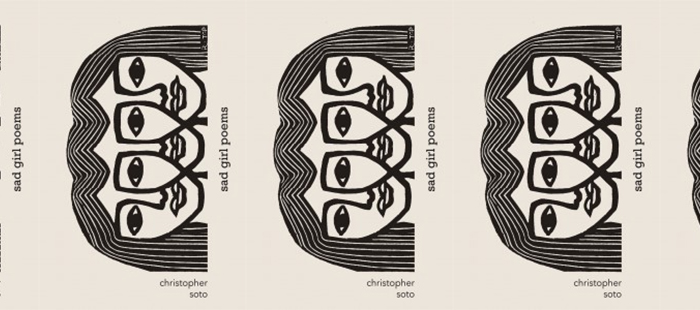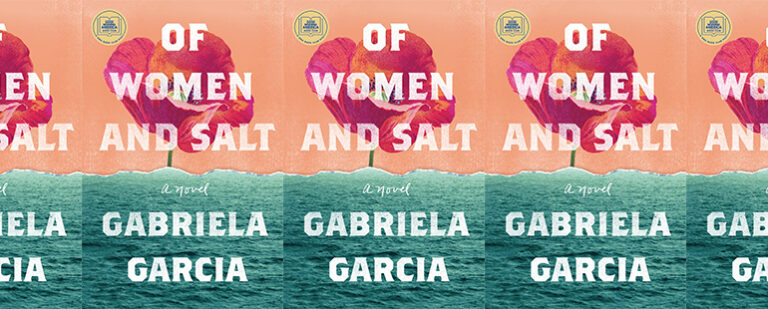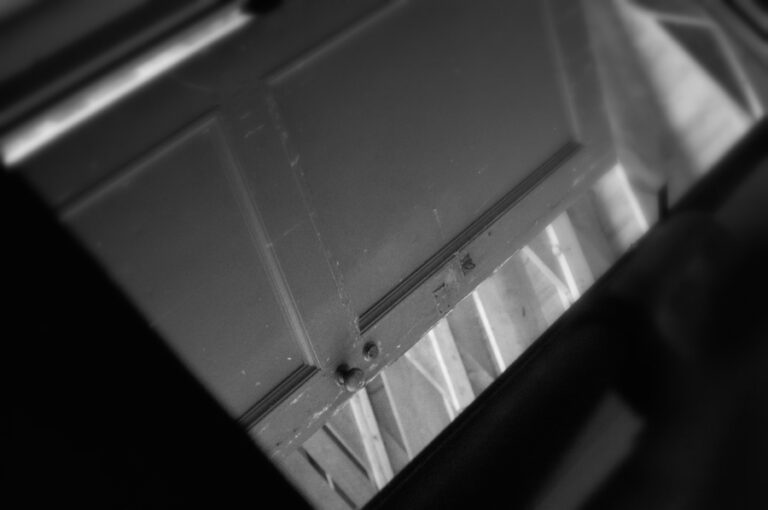Review: SAD GIRL POEMS by Christopher Soto

Sad Girl Poems
Christopher Soto
Sibling Rivalry Press; Jan 2016
45 pp; $10
Buy: paperback
Reviewed by Myriam Gurba
Being sad is such a fundamental part of a brown, girlistic experience that la Sad Girl is among the archetypal gang girl names brown girls may assume. She is the archetype Christopher Soto embraces, embodies, and animates in their revolutionarily abject collection Sad Girl Poems.
This collection’s jacked up heart beats in its final piece, “Hatred of Happiness.” “Hatred of Happiness” rejects and buries practically every trope proposed by the mainstream LGBTQ movement. Gone are the banners calling for marriage equality and positive representations of gay life. Gone is the assertion that “we are just like you.” Instead, Soto invokes an alternate queer poetics, one marked and defined by a sugary but tortured solitude:
But all I own are these little lips.
They kiss, then close [like the lid on
A casket.] Please let me die alone.
In Soto’s sad girl poetics, to be brown and queer is to be abject. Degraded. Brown queers “suck dick for rent.” Poetry is “fucking useless.” An alter ego named cum dumpster laments their young, blonde lover’s suicide. Death arrives again and again and again, and not even heaven holds salvation. A queer narrator pines, hoping that “heaven got a gay ghetto,” the implication being that shame is a sacred onus brown queers drag with them to paradise. Brown queers don’t get white angel wings. Their wings are the color of abjection. Perhaps tinged with melanin. “Regular heaven,” with its “White Jesus” is no place for Soto’s poetics.
Each work in this collection celebrates degradation. Elevates it. Consecrates it. Soto asserts brown degradation as beauty. In this respect, Soto belongs to a Latin American tradition of lyrically romanticizing abjection and Soto’s poems function like emo corridos.:
How dumb // we must have been —
To hold each so frailly.
To hold anything at all—
The blue landscape of January days.
The taste of pan dulce—
Corridos are the archetypal Mexican musical poetic form, and these ballads typically tell stories that allow horror to sing. In Soto’s hands the corrido becomes a queerido through which horror may cathartically yodel about brown quotidian life and garden-variety tragedy. In their infinitely gendered voice, horror moans stories about migration, criminality, supremely fucked up love affairs, ugly parenting, homelessness, and queer suicide. Walking dead queers moan and intone and ultimately, find a home; they perform solos, duets, and choruses in Soto’s work.
The trope of the shitty mom is central to the corrido; Soto, instead, invokes the shitty dad, recasting the matriarch as protector. In both “Those Sundays” and “Aluminum and Dusk.” In these American tales, fathers terrorize. Fathers are hard metaphors, hammers pounding nails, their sons. Fathers hate “faggots.” The lament “my father never intended to be a ‘bad man’” repeats, a chorus. Such lamentations evoke a sense of holiness and glory holiness.
Soto’s queer poetics is prayerful and brings absolution by sweetly rejecting it. Soto’s queer poetics hide from god and are filled with two-spirited deities in disguise, manifestations of a brown, queer maryjesus who whisper, moan, pant, and breathe.
Myriam Gurba is a writer and visual artist who lives in Long Beach, California. Her most recent collection of short stories is Painting Their Portraits in Winter (Manic D Press). She is afraid of ghosts and is VERY active on Instagram.

